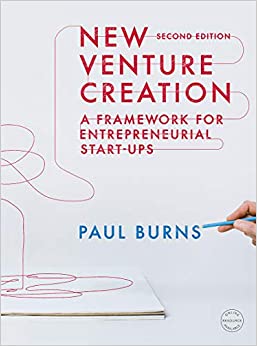Question
1. Which of the following does the discount rate r (eg: 4% p.a.) NOT account for? expected inflation opportunity cost the expected value of the
1.
Which of the following does the discount rate r (eg: 4% p.a.) NOT account for?
expected inflation
opportunity cost
the expected value of the cash flow
risk-free interest rate
2.
If I invest $600 today at an annual interest rate of 5% p.a. (interests reinvested), after 8 years my investment will be worth more than $850
False
True
3.
The quality of an analyst's earnings forecast does NOT depend on which of the following:
The quality of the analyst's financial model
The analyst's interpretation of historical information
Unexpected future events that are unpredictable in nature
The analyst's interpretation of 'environmental' information (eg: macroeconomic news)
4.
At which of the following discount rates would the following investment 'break even':
Initial cost of $11,000, cash flows of $6,000 for two years
4%
5%
6%
7%
5.
According to NPV analysis, should the following project be undertaken?
Initial gain of $10,500; negative cash flows of $6,000 for two years with a 8% p.a. discount rate
Yes
No
We are indifferent (NPV = $0)
We do not have enough information
6.
At which of the following discount rates would the following investment 'break even':
Initial cost of $3,000, cash flows of $1,682.5 for 2 years
6% p.a.
7% p.a.
8% p.a.
9% p.a.
7.
Calculate the NPV of a project with an initial cost of $1,000,000;andpositive cash flows of $300,000 for the next 5 years with a 10% p.a. discount rate:
$327,343
$137,236
$500,000
$97,579
8.
Calculate the NPV of a project that has no initial cost ($0) however will provide the following cash flows with a discount rate of 8% p.a.
Yr1: $4,000
Yr2: -$3,000
Yr3: $80,000
$64,638
$56,743
$61,699
$81,000
9.
If a firm is considering 2 independent investment proposals (Investment A: NPV $4,000 & Investment B: NPV $2,500), both of which take the same time to complete, then it is correct to say the firm should invest in A instead of investing in B.
True
False
10.
Calculate the NPV of a project that has an initial cost of $10,000 and three years of positive $3,000 cash flows with a discount rate of 0% p.a.
$1,563
-$1,000
-$436
We cannot calculate this with the information given
Step by Step Solution
There are 3 Steps involved in it
Step: 1

Get Instant Access to Expert-Tailored Solutions
See step-by-step solutions with expert insights and AI powered tools for academic success
Step: 2

Step: 3

Ace Your Homework with AI
Get the answers you need in no time with our AI-driven, step-by-step assistance
Get Started


